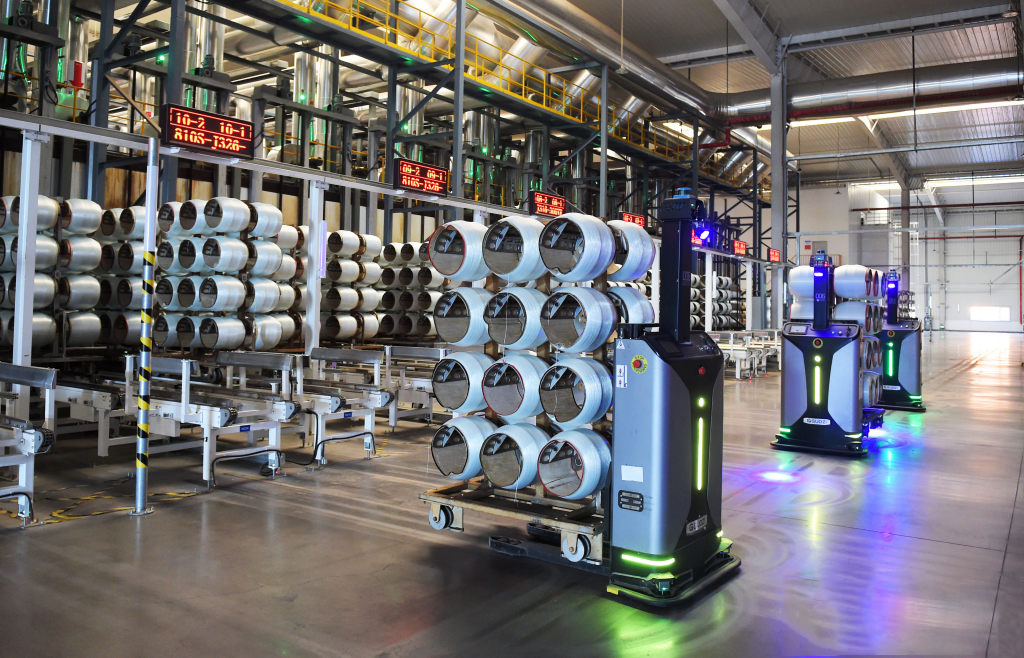Glass fiber materials find extensive applications across numerous fields, owing to their unique advantages.
Outstanding Properties
Exceptional mechanical properties: In construction, glass fiber reinforced concrete (GFRC) exhibits far superior flexural and tensile strength compared to ordinary concrete, making it more robust and durable.
High Dimensional Stability: In applications requiring high precision or large structures—such as electronic devices, buildings, and wind turbine blades—fiberglass prevents deformation.
Superior Insulation: Even thin fiberglass serves as an excellent electrical insulator, ensuring safety in printed circuit boards for electronics.
Low Thermal Conductivity: Glass fiber provides thermal insulation, excelling in applications like building insulation layers and electric vehicle battery casings, effectively controlling temperatures.
Strong Fire Resistance: Glass fiber enhances fire safety in lightweight fire-resistant gypsum boards and Boeing 787 battery casings.
Compatibility with Organic Materials: Glass fiber bonds with resins to form composites, offering broad applicability and adaptability to diverse manufacturing processes and product requirements.
Exceptional Durability: Resistant to harsh environments and chemical corrosion, glass fiber extends service life in automotive, marine, sports equipment, and structural applications.
Key Application Areas
Renewable Energy: A critical material for lightweight wind turbine blades, it also powers photovoltaic panels and hydrogen storage tanks, advancing lightweight, high-performance green energy equipment.
Transportation Industry: Glass fiber reduces weight in passenger aircraft and automobiles while providing fire resistance, underbody protection, and battery temperature regulation, enhancing efficiency and safety.
Electrical and Electronic Equipment: Beyond printed circuit boards, glass fiber insulates auxiliary electrical components, ensuring reliable operation.
Construction, Building, and Infrastructure: Glass fiber reinforces lightweight concrete, manufactures gypsum boards, and is used in interior/exterior walls, roofs, flooring, wall coverings, acoustic panels, and road reinforcement, enhancing building quality and functionality.
Sports/Leisure Sector: Glass fiber is used in manufacturing various sports equipment like boats and snowboards, offering lightweight construction and superior performance.
Other Applications: Glass fiber finds diverse uses in pipes, storage tanks, medical molds, filtration products, insulation blankets, protective clothing, and consumer goods.
Reasons for High Cost
Complex Manufacturing Process: Glass fiber production involves a continuous industrial process requiring high-temperature melting of raw materials, demanding advanced equipment and significant energy consumption. The fiberization stage is highly sensitive, necessitating high-purity, contamination-free materials. Impurities can cause fiber breakage, increasing costs.
Stringent Quality Control: Downstream processes like drying and winding demand rigorous quality oversight. These intricate, labor-intensive steps contribute to higher prices.
Challenging Recycling: Recycled glass fiber must avoid contamination. Only specific waste streams meet recycling standards, and glass content specifications further elevate recycling costs, indirectly impacting overall expenses.
Post time: Sep-09-2025







